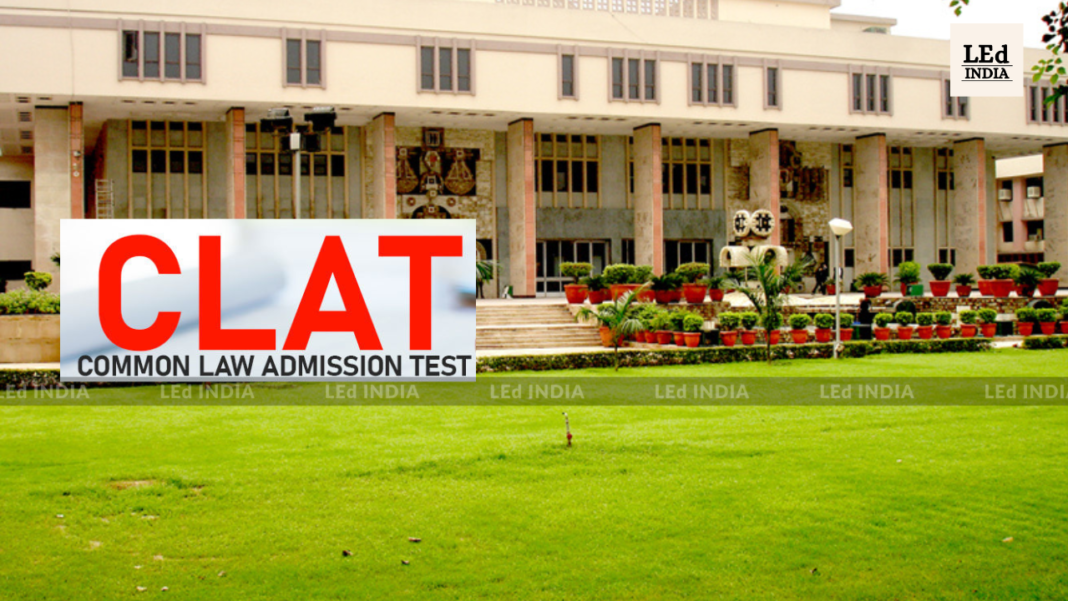In a significant stride toward inclusivity, the Bar Council of India (BCI) has thrown its support behind a Public Interest Litigation (PIL) filed at the Delhi High Court. The PIL advocates for the expansion of the Common Law Admission Test (CLAT) to encompass regional languages, including Hindi, in addition to English. This move is poised to democratize access to legal education and create a level playing field for aspiring lawyers.
In response to the PIL, the BCI has submitted an affidavit to the High Court, affirming its endorsement of the PIL’s overarching objective. The BCI emphasizes that incorporating languages other than English into the CLAT examination would extend opportunities to a broader spectrum of candidates, thereby fostering a more diverse legal profession.
Highlighting their stance, the BCI stated, “The Bar Council of India aligns with the petitioner’s proposition to introduce languages beyond English for conducting the CLAT examination. This expansion would provide a greater number of citizens across the nation the chance to participate in the exam and pursue a career in law.”
The petitioner, Sudhanshu Pathak, a law student, underscores the existing bias against students who have pursued their education in regional languages. Pathak contends that the current setup of CLAT disproportionately hampers candidates from non-English medium backgrounds, as they must contend with the added hurdle of mastering a new language amidst the fierce competition of the examination.
However, the Consortium of National Law Universities, a collective governing body, had previously raised objections to the PIL, citing logistical complexities tied to conducting the CLAT 2024 in multiple regional languages. The Consortium emphasizes that the scale and intricacy of CLAT set it apart from other entrance exams, such as UPSC, IIT-JEE, and NEET.
The BCI’s unequivocal endorsement of the PIL underscores the growing acknowledgement of the imperative to ensure equitable access to legal education. By diversifying the linguistic scope of the CLAT examination, the legal field could be poised for a transformation, fostering greater representation and inclusivity.
As legal experts and educators keenly observe the unfolding developments, the outcome of this case could potentially reshape the landscape of legal education and catalyze a more inclusive and dynamic legal profession in India.




